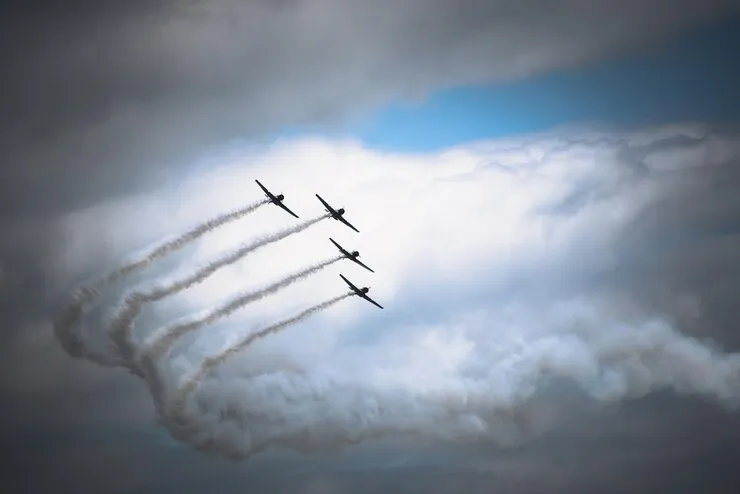Israeli Attack: Nigerian govt advises citizens to leave Lebanon

The Nigerian government issued a travel guideline on Wednesday asking its citizens to leave Lebanon or move to safer locations as soon as possible.
The government, through the Nigerians in Diaspora Commission (NIDCOM), said it is worried by the Israeli attacks on Lebanon which Israel says is targeted at Hezbollah but has caused hundreds of civilian deaths.
NIDCOM advises Nigerians resident in Lebanon to consider moving out of the country now that commercial flights are still in operation, the agency’s spokesperson, Abdulrahman Balogun, said in a statement.
Israel has launched a ground operation across its northern border into Lebanon targeting Hezbollah. The face-off between Israel and Hezbollah opened a new phase in almost a year of war in the Middle East.
The incursion, which Israel’s National Security Cabinet has called the “next phase” of its war with Hezbollah, marks the fourth time that Israeli soldiers have publicly entered Lebanese soil in nearly 50 years, according to a CNN report.
The latest escalation comes after Israel killed Hezbollah’s leader Hassan Nasrallah in an airstrike on Friday and decimated the leadership of the group, considered the most powerful paramilitary force in the Middle East.
The Israeli military said the operation is a “limited ground operation” but Lebanese officials said the airstrikes have killed hundreds of people, destroyed homes and displaced about 1 million people in Lebanon.
NIDCOM said information from the Nigerian community in Lebanon indicated that most Nigerians have relocated from the southern part and are now relatively safe.
“We hereby advise them to keep safe until the ceasefire is in place,” the agency said. “It is gratifying to note that thus far, no Nigerian has witnessed any form of accident or injury and wish to advise them to continue to remain safe while the war lasts.”
On Wednesday, the BBC reported that the Israeli military and Hezbollah were fighting inside southern Lebanon. The Israeli military earlier said it was focused on removing “immediate threats” from Lebanese villages along the border, including Hezbollah’s ability to infiltrate northern Israel.
Israeli soldiers, including paratroopers and commandos, as well as armoured corps troops, have been “preparing for limited, localised, targeted operations in southern Lebanon,” the Israeli military said, adding that soldiers have been training for weeks and had gained skills and operational experience in Gaza over many months.
While the extent of Israel’s military plans inside Lebanon remains unclear, Israel’s Prime Minister Benjamin Netanyahu has become increasingly defiant of international calls for restraint and de-escalation, as well as widespread outrage over growing civilian casualties in Lebanon and Gaza.
As battles between Hezbollah fighters and Israeli troops in southern Lebanon intensify, with the Israeli army saying at least eight soldiers have been killed in combat so far, there is also another tension between Iran and Israel. Hezbollah said it had repelled Israeli forces from a Lebanese border town.
Iran fired several waves of ballistic missiles at Israel on Tuesday evening in a sudden assault that raised the likelihood of a direct all-out war between two of the most powerful militaries in the Middle East.
Israel vowed Iran “will pay” for its missile attack and an Israeli official told NBC News Wednesday that the country would retaliate swiftly. Tehran urged the US to “step aside” and warned of “a far more crushing response.”
The Israeli military said Iran fired about 180 missiles during its assault, a significant barrage that forced millions of Israelis to take cover in bomb shelters for more than an hour, according to media reports.
Many of the missiles were intercepted by Israel’s air defence system, while some fell in central and southern Israel, according to the Israeli military.
The Iranian president has threatened further retaliation should Israel strike back, saying if Israel “persists in its actions, we will respond with greater force.” US President Joe Biden said he does not support an attack on Iran’s nuclear sites but plans to announce new sanctions on the country.
Culled from Premium Times

